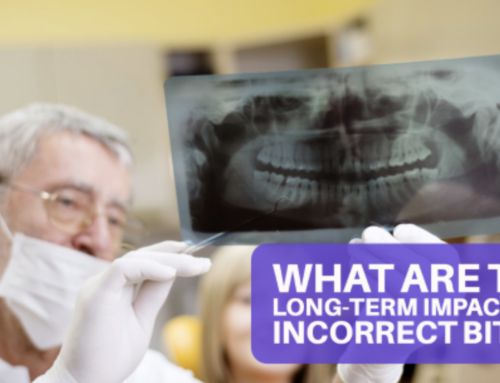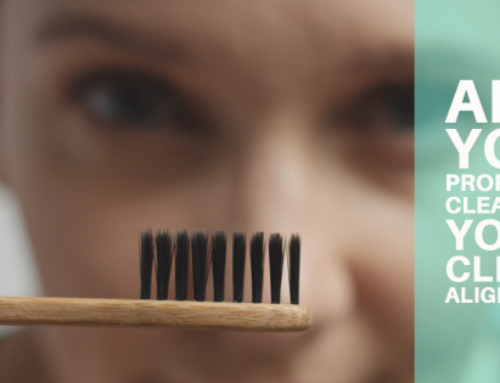 People of all ages can wear braces when they need to correct teeth misalignment. Statistics show that out of the four million people with braces, 75% are under 18. An orthodontist determines the most suitable treatment for your child, which happens after a thorough evaluation to determine the exact dental problem.
People of all ages can wear braces when they need to correct teeth misalignment. Statistics show that out of the four million people with braces, 75% are under 18. An orthodontist determines the most suitable treatment for your child, which happens after a thorough evaluation to determine the exact dental problem.
First Time Visit
Your child can visit an orthodontics office from age seven. The use of braces for kids starts after the baby teeth have fallen out and the permanent ones emerge. That process often takes place when kids are between eight and fourteen years.
Most orthodontists will encourage early treatment because it is easier to guide the gums and teeth. At later stages of life, the bones become harder to adjust. When it gets to that point addressing issues, such as crowded teeth, can prove challenging to correct.
Several orthodontic issues may suggest that your child requires braces. Some of the oral health problems are caused by genetics, while others are due to habits that are unique to the child.
Here are some of the reasons that would necessitate a trip to an orthodontist.
1. Consistently Breathing Through the Mouth
One of the common signs of teeth and gum complications in children is mouth breathing. If your little one is not breathing through the nose, the upper jaw will be narrow and become smaller. The resting of the tongue on the palate helps to widen the nasal pathways, which could change one’s facial structure.
2. Thumb Sucking
If your child has the habit of sucking their thumb, they will likely develop orthodontics problems later. Having a finger in the mouth round the clock can shift the position of their teeth.
Misalignments can cause a host of problems, such as difficulty pronouncing certain words. If the habit continues, the child may develop a lisp.
3. Grinding Their Teeth
Just as it is with thumb sucking, kids grind their teeth as part of a self-soothing mechanism. The habit may be a reaction to pain in the ear or teething aches. It may also be an indication of dental problems such as an overbite.
Bruxism can also trigger other orthodontics complications. The repetitive grinding of the teeth can shave off the enamel and leave the teeth susceptible to cavities. The habit may also cause snoring and other sleep disorders such as apnea.
4. When You Notice Facial Structure Problems
The development of the upper jaw can affect the facial structure and cause dental problems. If there is a dysfunction with the growth of the surrounding tissues, it could complicate breathing and speaking. Most complications have to do with malocclusions and misalignments. That is opposed to genetics, which accounts for 10% of the cases.
An orthodontist has the training to discern inconsistencies in the asymmetry of the face. Unless the specialist treats the dysfunction on time, it may develop into severe complications, such as the long-face syndrome.
Orthodontic specialists recommend taking your child for a checkup as soon as they turn one. An evaluation can detect developmental issues that could impact the oral health of the child. That gives you the best chance of eliminating the risk of expensive complications in the future. For more information, contact our South Tulsa and Glenpool offices today for a free orthodontic consultation and see what Dr. Ryan Nowlin can do for you and your family’s smiles.



